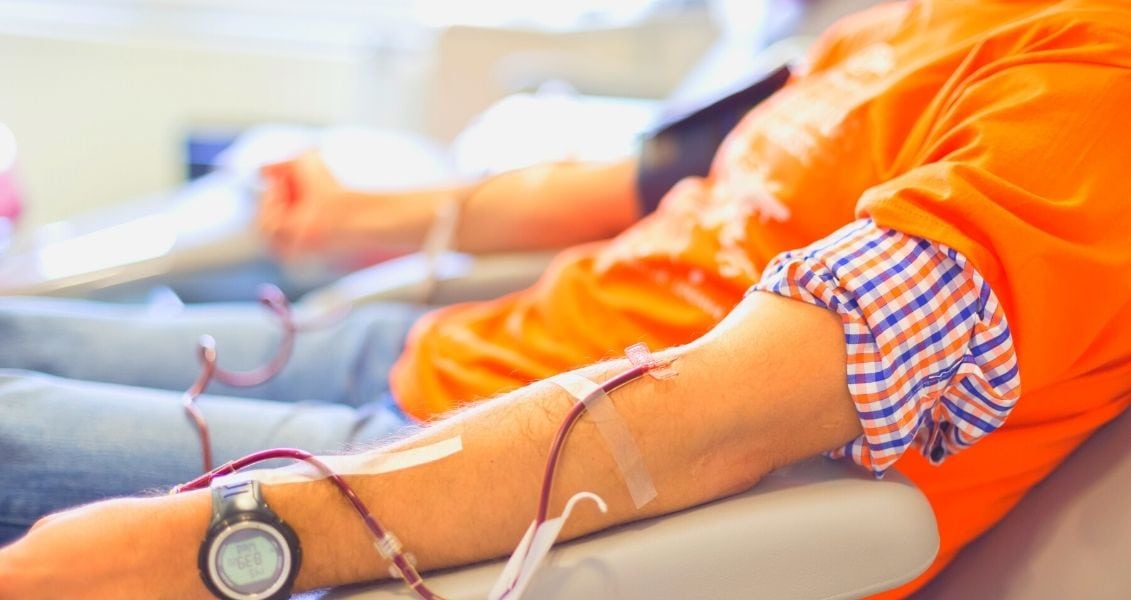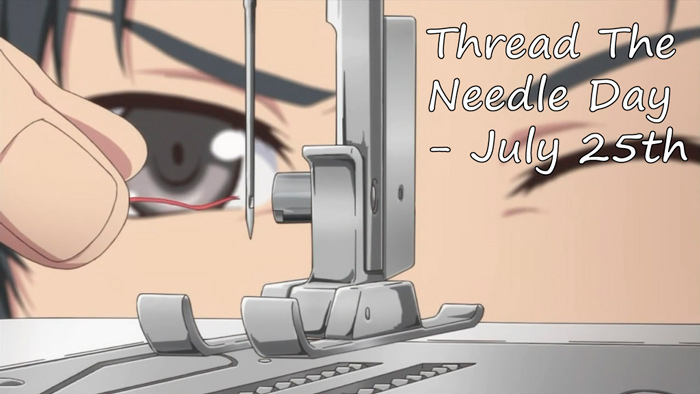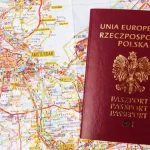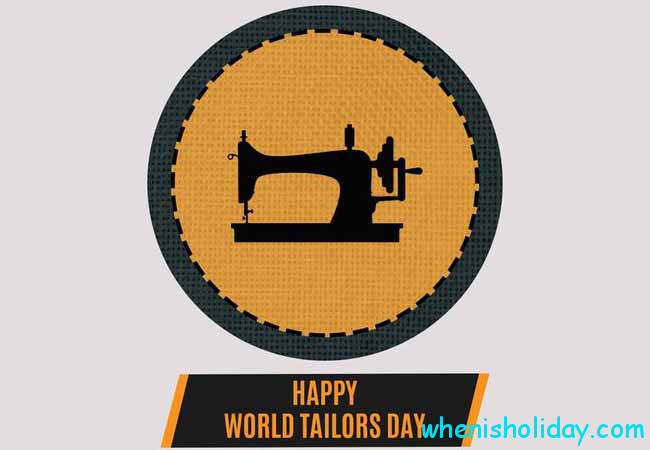European Day of Organ Donation and Transplantation
The European Day of Organ Donation and Transplantation is celebrated on the second Saturday of October. Introduced by the Council of Europe in 1996.
Transplantation is the transplantation (implantation) of cells, tissues or organs from a person or an animal to another person. This procedure is high-tech and, unfortunately, quite expensive, but it has already saved the lives of hundreds of thousands of people.
Donation is a voluntary donation of blood or other tissues and organs. A person who receives donor organs is called a recipient.
The following organs are most often transplanted:
- Kidneys (almost 42% of all transplants).
- Liver.
- Heart.
The European Day of Donation and Transplantation is a day of honor for those who are ready to share their blood or organs or tissues for the sake of saving other people.
Interesting Facts
- Among those who can be blood donors, about 90% of people have never donated blood.
- Children under the age of 1 are the easiest to tolerate organ transplantation, because their immune system has not yet strengthened, and the immune response is the main reason for rejection of transplanted tissues.
- One of the methods of treatment of hereditary hemochromatosis is regular blood donation – 500 ml every 3 months.
- The heart can be transplanted within two days after the death of the donor.




































